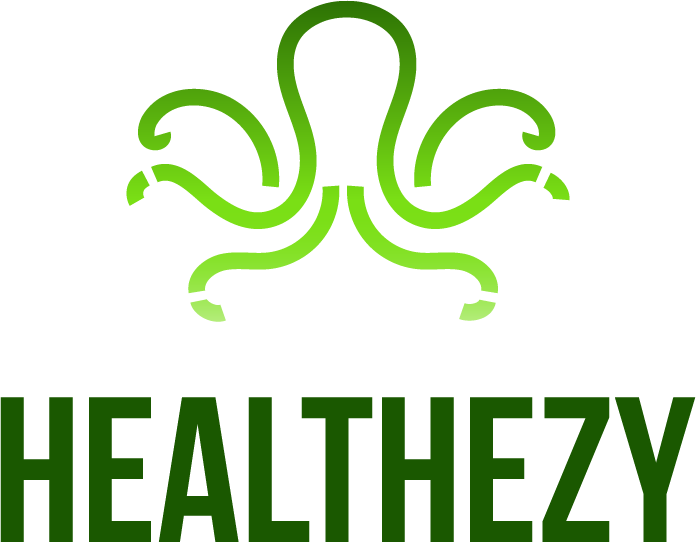Cardiovascular Disease, often referred to as heart disease, encompasses a range of conditions that affect the heart and blood vessels. It is a leading cause of morbidity and mortality worldwide, posing significant public health challenges.
Historical Context
Understanding cardiovascular disease has evolved over centuries. While the ancient Greeks and Egyptians recognized heart-related conditions, the modern understanding of risk factors, prevention, and treatment has developed considerably over the last century.
Production and Sourcing
Cardiovascular disease risk factors include hypertension (high blood pressure), high cholesterol, smoking, obesity, physical inactivity, and diabetes. These risk factors often result from lifestyle choices, genetics, or a combination of both.
Applications
The term “Cardiovascular Disease” primarily applies to healthcare, encompassing prevention, diagnosis, and treatment. Medical professionals and researchers continually seek innovative approaches to manage and reduce cardiovascular disease.
Regulatory Framework
Health regulatory agencies, such as the FDA in the United States and their counterparts worldwide, oversee the approval and monitoring of medications and medical devices related to cardiovascular disease. They also regulate dietary guidelines to mitigate risk factors.
Consumer Concerns
Patients and individuals are concerned about their risk of cardiovascular disease and may seek guidance on prevention, diagnosis, and treatment. Misinformation, access to healthcare, and disparities in cardiovascular care are common concerns.
Health and Safety
Managing cardiovascular disease is essential for health and safety. Patients often receive medications to control risk factors, such as statins for cholesterol or antihypertensives for blood pressure. Lifestyle changes, including diet and exercise, also play a crucial role in improving cardiovascular health.
Applicable Products
Products and interventions related to cardiovascular disease include:
- Medications: Statins, beta-blockers, anticoagulants, and antiplatelet drugs.
- Medical Devices: Stents, pacemakers, and defibrillators.
- Lifestyle Interventions: Dietary plans, exercise regimens, and smoking cessation programs.
- Surgical Procedures: Coronary artery bypass grafting (CABG) and angioplasty.
Alternatives
Preventing cardiovascular disease involves alternatives like lifestyle modifications (diet and exercise) and controlling risk factors through medications. In advanced cases, alternatives may include different surgical or interventional approaches.
Scientific Research
Ongoing scientific research investigates risk factors, treatment strategies, and preventive measures. Researchers explore genetic predispositions, novel medications, and innovative surgical techniques.
Chemical Properties
Cardiovascular disease primarily involves biological and physiological factors rather than chemical properties. However, medications used to manage the condition have specific chemical compositions.
Case Studies
Case studies in cardiovascular disease often explore real-world scenarios, patient outcomes, and the effectiveness of various interventions, providing valuable insights for medical professionals.
Future Trends
Future trends in cardiovascular disease management may include personalized medicine, telehealth services, and advancements in non-invasive diagnostic tools. Research into innovative therapies, such as gene therapies, continues.
Opinions
Opinions on cardiovascular disease vary, with healthcare professionals advocating for early prevention and public health measures. Some individuals may hold opinions on the efficacy of specific treatments or preventive strategies.
Warnings
Warnings related to cardiovascular disease often focus on the risks associated with uncontrolled risk factors. Public health campaigns emphasize the importance of lifestyle changes and adherence to prescribed medications.
Synonyms
Synonyms for “Cardiovascular Disease” include “heart disease” and “cardiovascular disorder.”
Conclusion
Cardiovascular disease remains a significant global health challenge, impacting millions of lives. Understanding the risk factors, prevention strategies, and available treatments is essential for individuals, healthcare providers, and policymakers alike. Ongoing research and advancements in cardiovascular care offer hope for improved outcomes and reduced disease burden in the future.







